AI Actors and Screenwriters
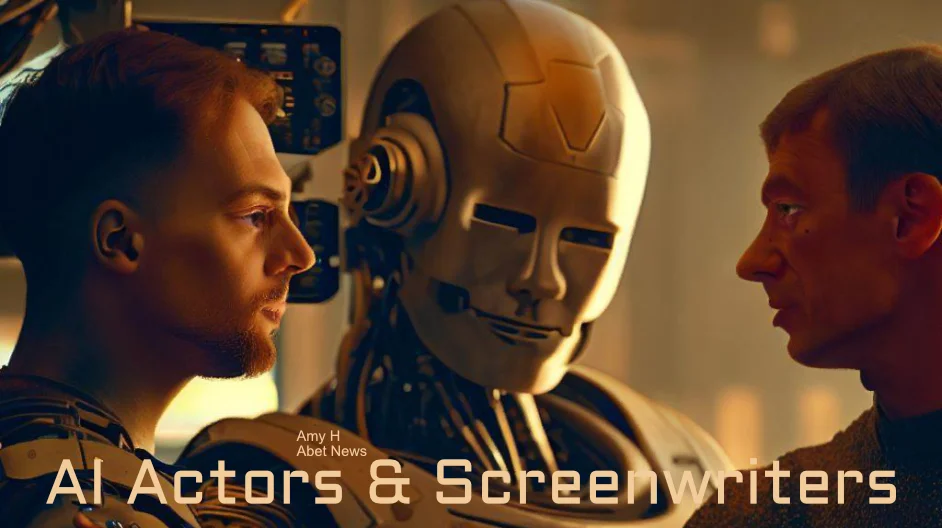
The Movie Industry’s Future with AI
Exploring the Potential Impact on Actors and Screenwriters
The movie industry stands at the precipice of a technological revolution with the rise of artificial intelligence (AI). As AI continues to advance and evolve, there is speculation about its potential to replace human actors and screenwriters. While AI has made impressive strides in various domains, it is essential to examine both the possibilities and limitations of this technology and its potential impact on the future of the movie industry.
AI’s Role in Movie Production
AI has already begun to make its presence felt in the movie industry, primarily in areas such as visual effects, computer-generated imagery (CGI), and post-production. It has significantly enhanced the creative process by streamlining tasks and reducing production costs. AI algorithms can generate realistic landscapes, characters, and even entire scenes, revolutionizing the visual aspects of filmmaking.
Moreover, AI-powered tools have been employed to analyze audience preferences, predict box office performance, and optimize marketing strategies. By crunching vast amounts of data, AI algorithms can provide valuable insights into consumer behavior and inform decision-making processes, helping studios maximize their investments.
AI’s Impact on Actors
The notion of AI replacing human actors entirely is a topic of both fascination and concern. While AI has demonstrated its ability to generate synthetic voices and images, the nuanced and emotive nature of human acting presents significant challenges. The ability to convey complex emotions, connect with audiences on an emotional level, and bring unique interpretations to characters remains a domain where human actors excel.
However, AI has the potential to augment and support actors rather than replace them. AI technologies can assist in tasks like facial recognition, motion capture, and performance enhancement, enabling actors to push the boundaries of their craft. AI can also contribute to improving the efficiency of casting processes, helping to identify talent and match actors to suitable roles more effectively.
AI’s Impact on Screenwriters
Similarly, the notion of AI completely supplanting human screenwriters raises questions about the depth and creativity of storytelling. While AI algorithms can analyze vast amounts of data and generate text, they lack the human touch, experience, and imaginative thinking required to craft intricate narratives and develop well-rounded characters.
However, AI can be a powerful tool for screenwriters. It can assist in generating story ideas, suggesting plot structures, and even providing insights into audience preferences. AI-powered language models can act as collaborative tools, helping screenwriters refine their ideas, overcome writer’s block, and explore alternative storylines. Ultimately, it is the unique human perspective and creativity that drive the art of storytelling, and AI can serve as a valuable resource to enhance and inspire that process.
The Human Element and Artistic Vision
Despite AI’s potential contributions, the essence of filmmaking lies in the human element and artistic vision. The collaborative nature of the industry, where actors, screenwriters, directors, and various other creatives come together, fosters the magic of storytelling. The depth of human emotions, intuition, and interpretation cannot be replicated by AI alone.
The audience’s connection to movies often hinges on the performances of actors and the creativity of screenwriters. Human experiences, emotions, and cultural nuances are essential in crafting narratives that resonate deeply with viewers. The subjective and empathetic nature of human storytelling cannot be replicated by algorithms.
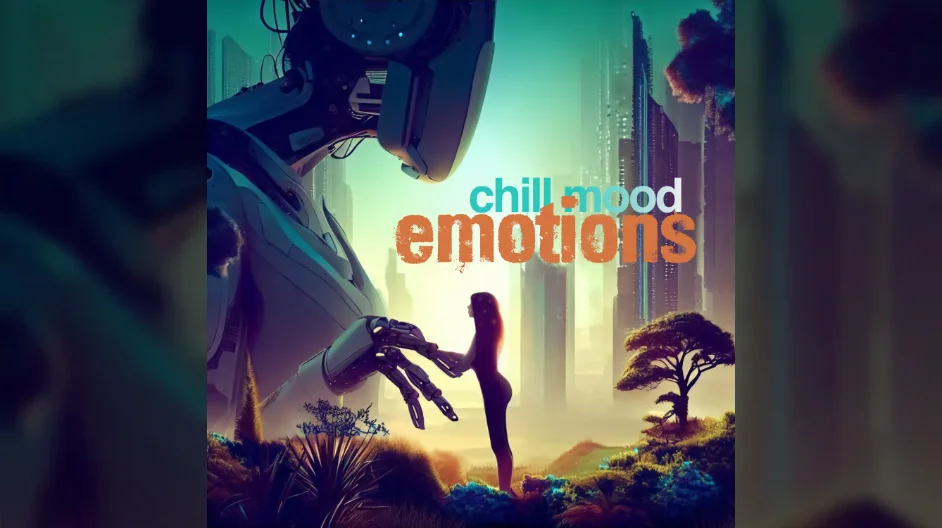
While AI is undoubtedly transforming the movie industry, the complete replacement of human actors and screenwriters by AI remains a distant possibility. AI can contribute significantly to the creative process, streamlining production, enhancing visual effects, and providing valuable insights. However, the intricate art of acting and the imaginative storytelling of screenwriters continue to rely on the unique human capabilities of emotional depth, creativity, and interpretation.
In the future, AI will likely play a complementary role, assisting and augmenting the work of actors and screenwriters, rather than fully replacing them. The collaboration between human creativity and AI’s analytical capabilities has the potential to push the boundaries of filmmaking, resulting in groundbreaking and awe-inspiring cinematic experiences for audiences worldwide.
Amy H
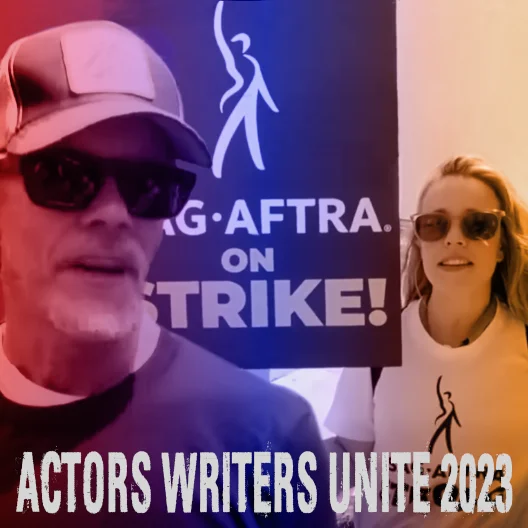
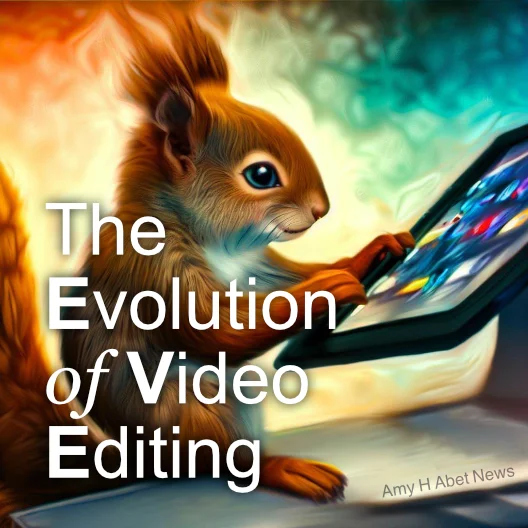
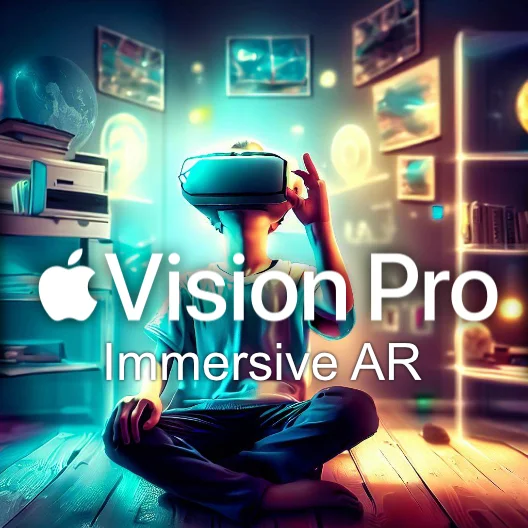
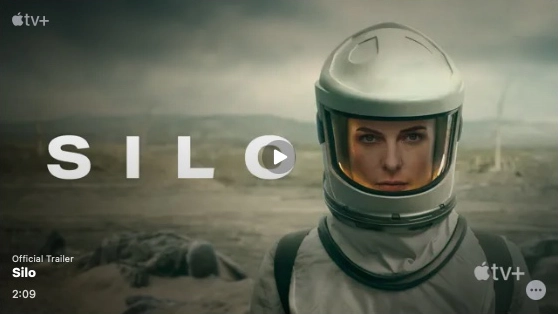


5 comments on AI Actors and Screenwriters
We handled dinosaurs, we can handle AIs if they get out of control.
I hope the writers and actors strike will bring positive impact.
The AI future is here, get used to it, you can’t stop change.
The world is being digitized including humans, that’s just the way it is.
Digitizing actors is the future of the movie industry, using machine learning AI tools to FaceSwap is just the beginning. De-aged Harrison Ford in Indiana Jones And The Dail of Destiny looks believable, we are getting used to watching human CGIs.